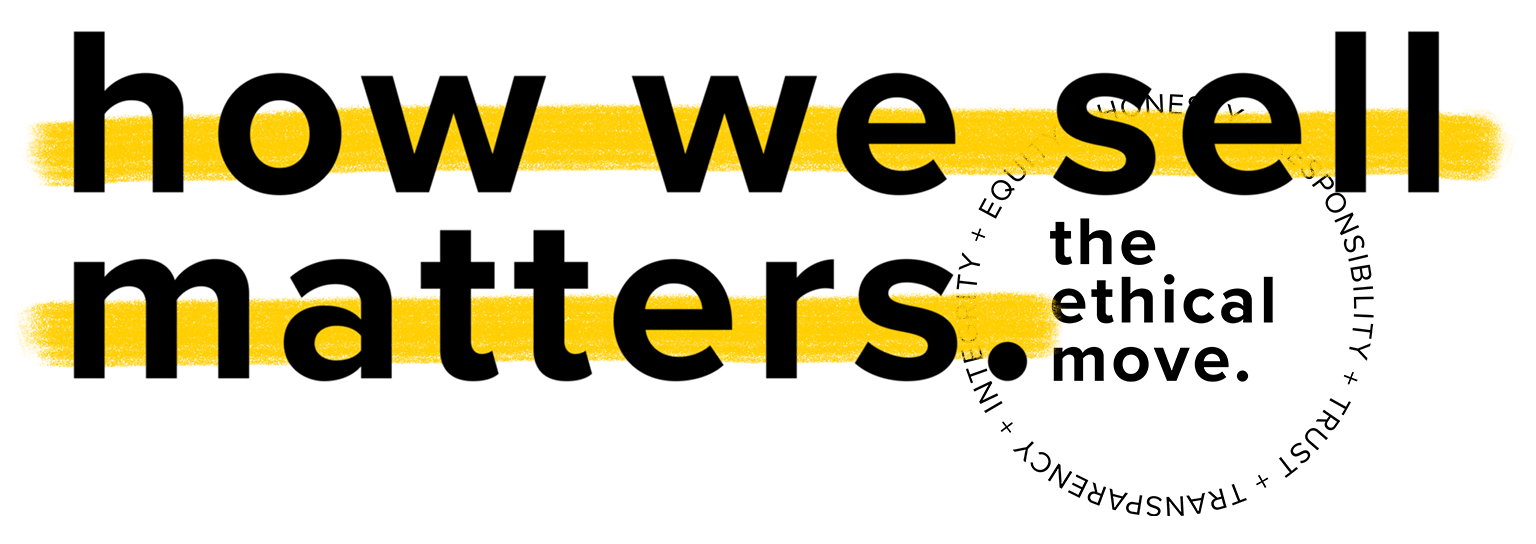Do You Need Manipulation?
Photo by Jairo Alzate on Unsplash
Could you sell without manipulation?
What I am about to say will not sit well with many online entrepreneurs.
I am well-versed in the language of manipulation.
I know which pair of jeans on a wall of seven will make the most sales.
I know what colour laundry detergent should be to create that ‘clean’ feeling.
I know exactly how wide an aisle in a clothing store should be (not too cramped) so you want to walk in to look at clothes, but not linger (not too wide) so you keep buying.
I know that spraying the right scent in a boutique entices people to buy.
I know that if you price your product at $297 instead of $300, you will make more sales.
I know that a cute puppy will make you more likely to click on an article.
There is a science behind how people buy and it has permeated everything we touch, to the point where we can’t tell anymore what is a conscious choice and what we are driven to do subconsciously.
At the same time, buyers are told that if they make the right choices about what they buy, they are creating a more ethical and sustainable society.
Perpetuating sales tactics that are keeping buyers weak, and then placing the burden of ‘making a difference’ on them, is …the kind of thing a bully would do.
It’s time we realize that we — online entrepreneurs — are part of the problem.
Every time we use a psychological sales trick to get our ‘tribe’ to buy our package (for example creating 4 packages so people buy the 3rd) — we are perpetuating the cycle of consumerism. We are part of the problem that keeps poor people poor, natural disasters increasing, and refugees flooding the world.
There is one reason alone that we are doing it this way. The reason is it works. It’s been proven through countless studies (google ‘psychological marketing tactics’ for reference). We have truly honed marketing to become an efficient, hyper-functional tool.
Using these tactics feels like sitting in a grimy motel room with fluorescent lights — but it works.
And we don’t seem to have a way out.
We are all trapped in the same tiny room, vying for the little space at the top by crawling over top of each other, trying to reach the cash prize that’s supposedly dangling from the ceiling. The holy grail of ‘having made it.’
We are so convinced by staggering numbers and ‘proof,’ we would reject the door that leads out of the room.
But tell me that you’re not tired of hearing the words ‘evergreen’ or ‘funnel’ or ‘targeting’. That you don’t think it feels more like a well oiled machine.. and not really human.
It’s like a robot spewing numbers.
Consumerism, the ‘preoccupation of society with the acquisition of consumer goods’ is really just an addiction. And we only ‘crave’ it because we were born into it. It permeates our thinking, our actions, our decisions, our core beliefs, it triggers our innermost fears; the ones that say “I won’t have enough.”
So we follow the money path. We use the formulas. We fill the black hole of existential fear with information on how to generate ‘more’.
The thing is, there is never an ‘enough’ that is going to plug the hole completely. And the further we go down the rabbit hole, the more we lose track of what’s really important.
So how can we break the cycle?
I don’t have a solution. That’s the spoon feeding that you’re used to and this article is not about giving you more of the same.
But I’d say start with being brutally honest.
1. Actually start serving the world
Think about your offerings and what they mean for the bigger picture, not just for your bank account. If they don’t contribute to a larger mission, maybe you aren’t being completely honest when you say you care about the world.
I used to be a brander. Now I build movements, legacies, worlds — in slow motion. I dropped all ‘regular’ branding, because what most people want in a brand is a way to look better so they can sell more, stat. And that goes against what I want for the world.
2. Get out of the kiddie pool
‘I care about helping people’ is the most nondescript mission I’ve ever come across, because I’d say two thirds of online business owners have the same and it’s not making a difference. I challenge you to find a purpose that has more substance. That can move things. Change things.
Mine is ‘breaking consumerism’. There.
(And if you think you already have a mission that serves everyone — not just you — imagine someone else fulfills on it first. How does that feel? I know that if someone went ahead and broke consumerism tomorrow, I’d say “finally” and go take a nap.)
3. Pick up the slack
Take responsibility for the New Economy that is being built right under our feet. Honour your craft, don’t set prices that undercut the market, don’t leave others to deal with the bad clients you’ve created, stick to best practices, have integrity and make choices as if you are the New Economy and our industry depends on you.
There are moments when I want to walk away from a difficult conversation (with myself or my clients). But ‘facing the consequences and saying it anyways’ has been nothing short of mind blowing for my work and the relationships I create with it.
4. Start thinking long term
Don’t get sucked into the rabbit hole of what the cacophony online is preaching this week, think of the legacy you’re leaving behind. Find out what your values would require you to step into and then go match that with your actions. Every. Time. Make your mission your target. And then go align your actions with it. Every. Time.
One of my values is generosity, so I give of my brain juice as much as I can. And of course I’ve gotten clients from those ‘free consultations’. And friends. And help when I needed it.
And for dessert: Stop manipulating your people
Don’t mess with their beautiful minds by charging them $297 instead of $300. The ONLY reason for knocking off those $3 is to get people to buy. If you’re going to say “they save 3 dollars” or “they KNOW it’s not really 297,” “Amazon doesn’t let me” … I call BS.
Let me ask you this: if your product doesn’t sell at $300 …is it worth that? …or… should it even exist at all?
And yes, that is scary.
There is no proof I can give you that honest advertising works. Changing your prices to a round number might feel like you’re cutting into your own flesh. Into your child’s college education. Into your retirement fund.
But what if using psychological tactics was just a thing you’ve done because …that’s how it’s been done? Because everyone does it?
What if it had no impact at all on your livelihood? What if you were tricked into thinking that so you keep buying formulas?
We have no idea what’s possible without manipulation.
Consumers are so used to having to fight our tactics at every turn, it might be like a breath of fresh air to start with honesty.
Maybe you can build a new kind of trust with your people by telling them about the price change. Maybe setting yourself up as a business that markets ethically increases your exposure. Maybe suddenly a new market opens up to you.
I’d say we give it a shot. If we are the ‘New Economy’ — then why don’t we change the rules?
Continuing down the same path will (at its best) perpetuate the status quo; with all of us churning out meaningless, boring sameness to feed the numbers robot, with developing countries trying to keep up with our insatiability and running themselves into the ground doing so.
I’d really rather know what’s outside the door.
If you want to become part of the conversation around ethics in marketing, join us at the ethical move & take the pledge!
It would mean the world to us. Literally.


